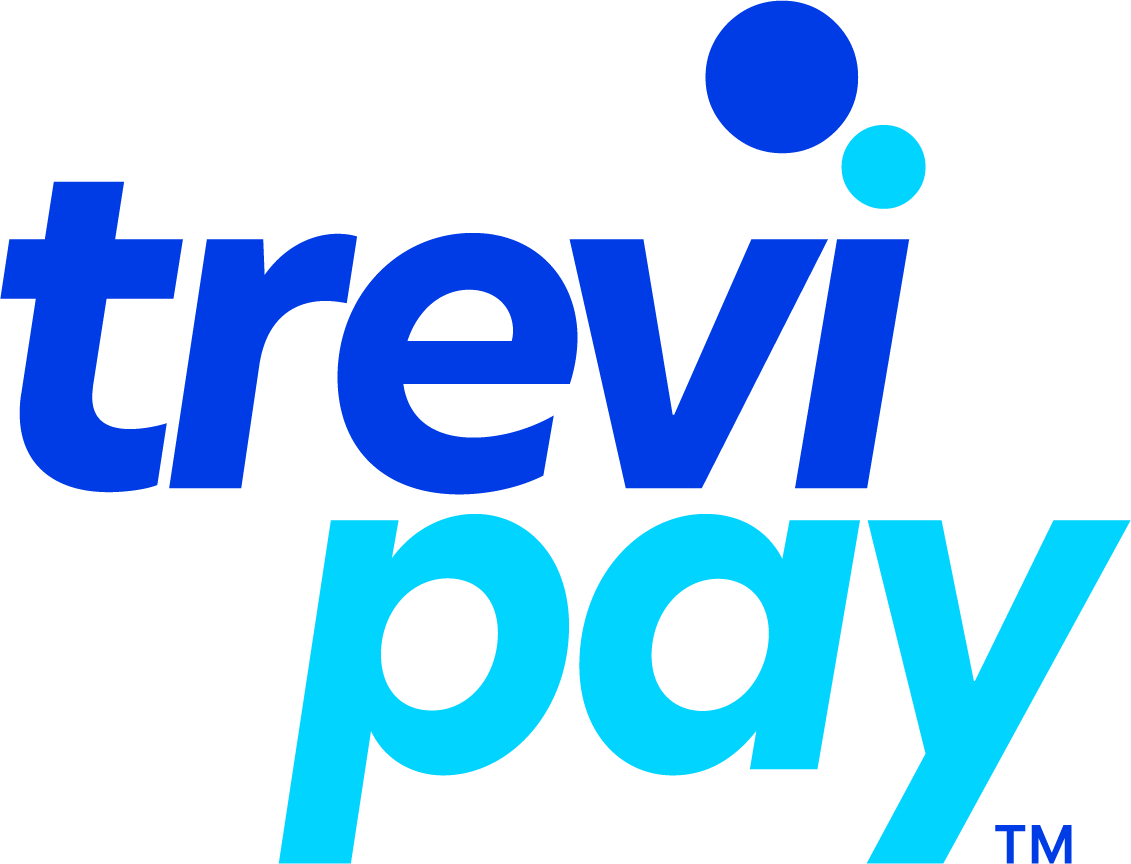The Universal Air Travel Plan (UATP) program is a long-established part of airline history dating back to 1936. It offers a host of benefits to airlines from lower payment processing cost and opportunities for extra revenue to driving loyalty of corporate clients.
With such a well-established brand and clear benefits, why are some airlines reluctant to issue the UATP card or may be witnessing the slow decline of their established programs?
There are three common challenges that can prevent airlines from unlocking the value of the UATP program. These relate to taking on business risk, their ability to grow the program and accommodating the processes required to manage accounts once they are boarded.
A strong proposition for airlines
The UATP program was launched as the Air Travel Card. It developed into a network dedicated to payments for travel-related expenses such as carrier or hotel costs. Currently, over 30 airlines are members of the program.
Airlines pay no interchange or discount fees when their own UATP cards are used to purchase tickets on their airline. Issuers also earn a percentage of sales when their cards are used to purchase tickets on other airlines.
For corporate clients, the UATP card makes it easier to purchase and efficiently track spending on corporate travel. Low transaction rates can be passed on to the corporate travelers or presented as discounts for loyal customers.
On the surface, the UATP program seems a win-win proposition for both the airlines and their corporate clients.
Essential skills are outside core expertise
While there are tangible financial benefits for airlines and a strong proposition for their corporate clients, the success of an UATP program will depend on the ability of the airline to execute in several key tasks. The problem is that those tasks are entirely outside the core competencies of airlines.
Assessing and taking on calculated risk is critical. When issuing a UATP card, airlines can find themselves in a situation where they are acting like banks and taking on risk of their corporate clients. This is especially concerning during high-risk times when business can be disrupted by major unforeseen events such as COVID or economic downturns. At such times, cash flow becomes a major concern. Risk is reflected in their financial reporting and Wall Street analysts take a dim view of such exposure.
The task of growing the program can also be a challenge. This will require a focused and dedicated approach to strategic sales and proactive outreach.
Assuming the sales strategy is a success, onboarding and managing new accounts is also an activity that requires special expertise and resources to nurture relationships and grow adoption.
Stay focused on what really matters
The ideal solution would allow airlines to focus on providing a first-class service while de-coupling those three other activities that are key, but outside their scope of expertise.
Initially, these specialist tasks would include evaluating and underwriting risk and onboarding clients. Then once the program is live, taking care of account management and the accounts receivables processes and growing the program must become a daily focus. These can be time-intensive and require specialist skills and processes for them to be carried out efficiently.
Grow your program and cut the risk
Outsourcing those non-core activities could be the answer. A partner could take on the management of the customer account and direct financial relationship with the corporate client. They could perform all day-to-day tasks including risk assessment, underwriting credit, issuing accounts, invoicing, account management and collections.
Management of the corporate relationship can be transferred so the program is run under the guidance of the airline but without their direct involvement. For example, the airline could identify key target customers and hand the responsibility for acquiring those accounts to the third-party sales team.
TreviPay has been helping B2B organizations including major airlines grow for over 40 years. Many airlines find that the hardest task is selling the program to corporate clients. TreviPay can drive the sales outreach to gain more accounts and grow your program.
Outsourcing services to TreviPay means you can retain control of your UATP program, enjoy its benefits and clean up your balance sheet without being distracted by non-core tasks.






